
Thanks to the rise of technology, and the ability to bank remotely, online bank accounts are becoming increasingly popular. You don’t need to limit your banking options based on geography anymore; you can use an online bank to take care of most of your needs.
Before you decide to move all your money to an online bank account, though, consider the pros and cons:
Advantages of Online Bank Accounts
One of the biggest advantages of an online bank account is that you can usually enjoy higher yields for your deposits. Brick and mortar banks often pay minuscule yields, today, ranging from 0.1% to 0.5%. With an online bank, though, you can find better deals.
It’s not uncommon to find high yield savings accounts with online banks that pay between 0.75% and more than 1.00% in yields. You can also find interest checking accounts that pay better than many brick and mortar banks.
On top of that, online banks have made an effort to be attractive by providing no-fee accounts. Even if you are charged at the ATM, it’s possible to find online banks that will reimburse you for what you have paid. This can offset the fact that you might not be close to an in-network ATM.
Online bank accounts offer most of the amenities provided by their offline counterparts. Direct deposit, bill pay, online account management, and digital statements can all be arranged with an online bank account.
Disadvantages of an Online Bank Account
For the most part, the main disadvantage of an online bank account is that it can be a little harder to access your money. If you have an ATM card, this isn’t an issue. However, if you don’t have an ATM card, you often have to wait three to four days for an ACH transfer to go through. Moving your money can be a hassle if you need the funds quicker, and you don’t want to pay for a wire transfer.
Another drawback is that it can feel impersonal to bank online. Some consumers prefer to go into a bank and look the teller in the eye. It’s also a pain to deposit money if you can’t go to a branch. Some online banks are adding remote deposit, where you can snap a picture of your checks for deposit, but if your online bank doesn’t have this feature, you have to mail the checks to the bank and wait for them to clear. Or, if you prefer, you have to deposit them at a local brick and mortar bank, and then initiate a transfer once the checks have cleared.
Finally, many online banks don’t offer the same range of products. You might be able to deposit money in a savings account or CD, or even to open a checking account. However, some online banks don’t offer other products, like car loans, mortgages, and retirement accounts. If you are interested in being able to take care of all your money needs at one bank, you might have to go brick and mortar.
Bottom Line
Online banking has very definite advantages – especially for the saver looking for better yields. And many of the disadvantages of online banking can be overcome if you shop around for the right online bank for you. Carefully consider your options, and decide whether or not online banking works for you.
And remember: It doesn’t have to be all or nothing. You can create a financial strategy that involves online banking and brick and mortar banking. It’s all about what works best for you.

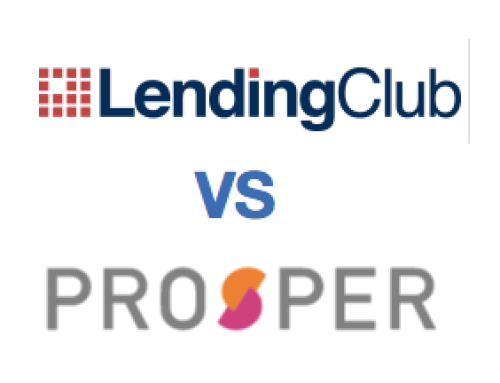
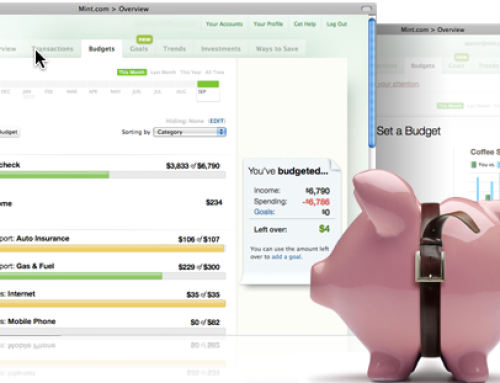
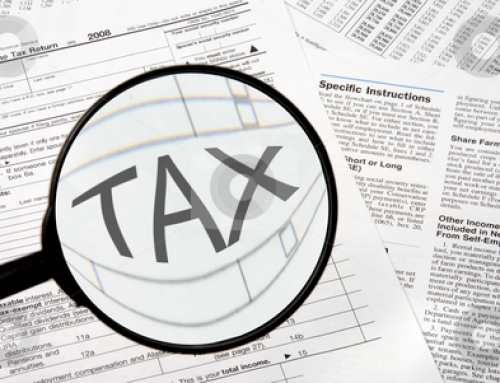
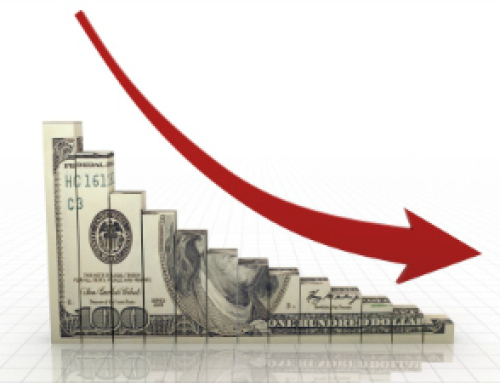
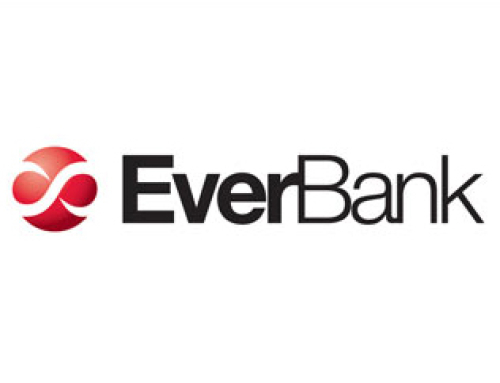







Follow Us